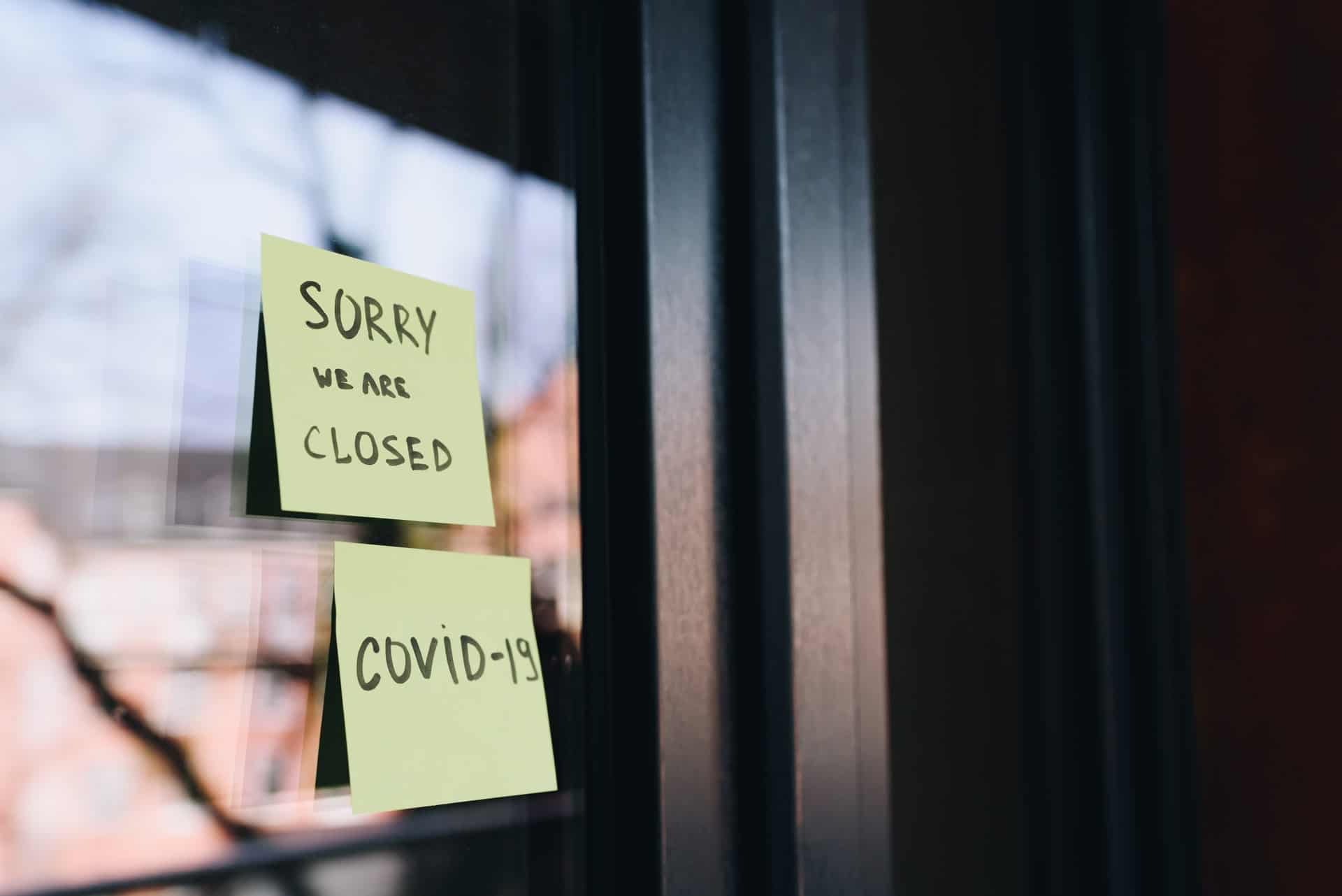The High Court has ruled that commercial leases were not “temporarily frustrated” by the coronavirus (COVID-19) pandemic and therefore the tenants were still obliged to pay rents to their landlord despite their premises being closed. This decision will have considerable implications for landlords and tenants navigating the COVID-19 landscape.
What is frustration?
Frustration is a legal doctrine that it is unjust for a contract to continue when performing obligations under that contract becomes either impossible or radically different from what was originally intended by the parties.
The Facts
Three commercial tenants (who were in turn a multiplex cinema, a bingo hall, and a sporting goods retailer) stopped paying their rent from 25 March 2020 onwards when their respective premises were closed as a result of the COVID-19 restrictions. Their landlord subsequently claimed that the rents nevertheless remained due and sought summary judgment on that issue from the High Court.
The tenants attempted to argue in response that the rents were not due because:
- Clauses in their respective leases meant that rents ceased to be payable while their premises were closed because of the COVID-19 restrictions;
- The landlord was able to recover the unpaid rent amounts from its insurer and so was therefore not entitled to claim those sums from the tenants; and
- The leases had been “temporarily frustrated” by the coronavirus pandemic and the subsequent COVID-19 restrictions.
The Decision
The High Court rejected the tenants’ arguments and decided that the rents from 25 March 2020 onwards were still due; in particular, the High Court held that it was impossible for the leases to have been “temporarily frustrated” since the effect of frustration would have been to end the leases early.
The High Court also concluded that the leases had not been frustrated by the COVID-19 closures because there would still be more than a year left on each of the leases after those closures had ended.
This decision demonstrates that the courts remain as strict as ever in their interpretation and application of the legal doctrine of frustration, even in these COVID-stricken times. However, it is possible for parties to agree ‘force majeure’ clauses to deal with unforeseen events that affect contractual performance, which can lead to entirely different outcomes.
Instructing our Litigation Lawyers
We ensure that we provide the best possible outcome for our clients by conducting in depth investigation and research into the realistic prospects of a case before selecting the appropriate course of action in order to reduce time and expense. Liability for costs is always an issue in litigation and based on our extensive litigation experience we provide our clients with as much strategic, practical as well as carefully considered legal advice in order to ensure minimum risk in respect of costs. Where appropriate we encourage the use of alternative dispute resolution (such as mediation and without prejudice negotiation) and our lawyers’ negotiation skills are first class. If early settlement at advantageous terms is not possible, we are extremely experienced and capable at navigating our clients through the litigation process.
